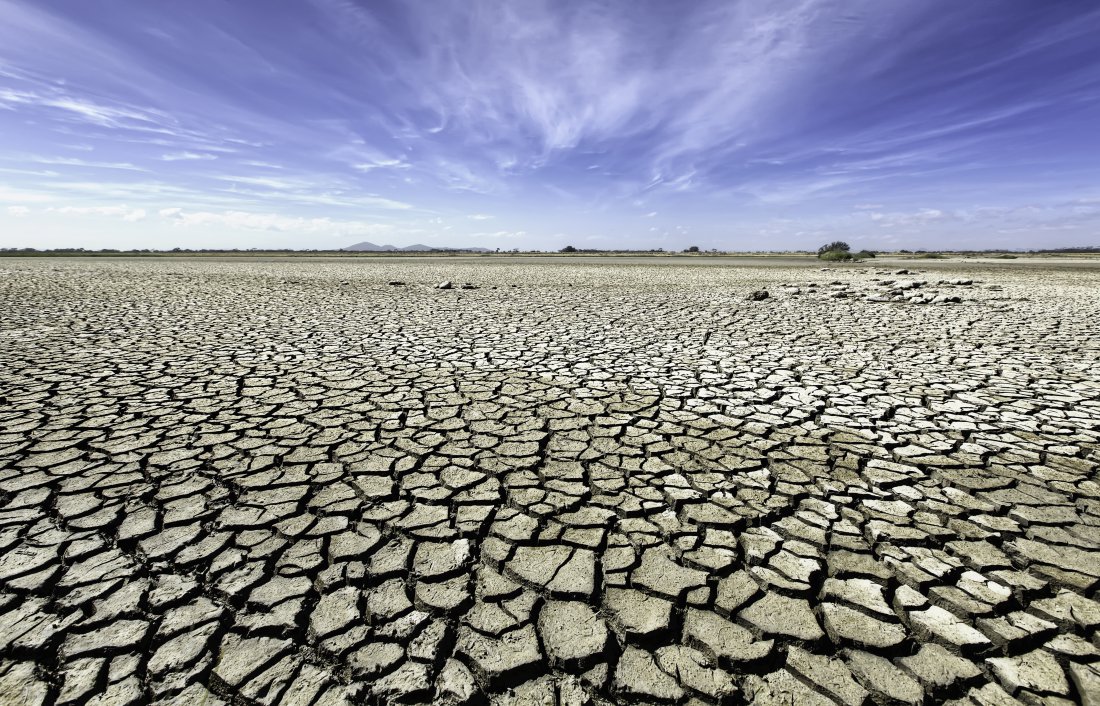Climate change is a pressing issue in the news right now. With the pending presidential election making it a hot topic during the official debates and the release of Leonardo diCaprio’s new documentary “Before the Flood,” more and more people are stressing the urgency in addressing this matter. But how can we, as college students, do our part to help combat this global issue?
First off, recycling is a must. I grew up in a household where recycling was second nature; it was just something we did and didn’t think twice about it. However, throughout the years, and since coming to college, I’ve seen more and more instances of people that just don’t recycle. It goes past the point of just forgetting. Many of these situations involve someone seeing both a trash can and a recycling bin and throwing something that is clearly recyclable in the garbage. It isn’t hard to recycle, and most of the time, it’s easier than going out of your way not to recycle.
Another way to do your part, which DU makes incredibly accessible for students, is using reusable water bottles. There’s really no reason to buy a 32-pack of plastic water bottles when you can just buy one or two portable ones to refill wherever you go. I don’t ever buy water. I didn’t even have to buy reusable water bottles because DU gives them out so frequently at various events. With the incredibly convenient water bottle refill stations located throughout campus, it’s so easy to just fill up your water on your way to class. If you live in an apartment or suite-style dorm, buying a Brita filter for your sink or as a pitcher is a great and easy way to get clean, nice tasting drinking water. Plus, in Colorado, you hardly need it–Colorado has some of the cleanest, best tasting tap water in the country (and there’s even fluoride in it). All of these options are extremely easy and accessible, and they save a lot of money that you would be wasting on buying plastic water bottles that clog up our landfills.
A few other options involve changing your daily habits, but they’re really not that hard. They might even make you feel better. Instead of using a car to get places, walk or bike to your destination, if you’re able to. If your destination is farther away, use public transportation, such as the light rail, or plan for ride sharing. With a campus like DU, there’s really no need for a car; it’s almost easier not to have one.
This isn’t an option for everyone, but if you’ve been wanting to do it, you should think about becoming vegan or vegetarian. The meat industry contributes to the most greenhouse emissions of any industry in the country. If it seems daunting or difficult to do, don’t fear. Transitioning to a vegan or vegetarian lifestyle is really not hard, especially with how food companies have adapted to meet the demands of the consumers who want more healthy, quality vegan and vegetarian options to eat. It might be a bit of a difficult transition at first, but it quickly becomes easy. You won’t even think about making an effort to eat meat-free after a month, as it will become second nature.
It’s really easy to implement changes to your daily routine in order to combat climate change, and with the increasing research and proof of just how much we’re damaging our planet, it should be in everyone’s best interest to do even a little bit to stop it. The Earth has done so much for us–shouldn’t we treat it with the same respect?











